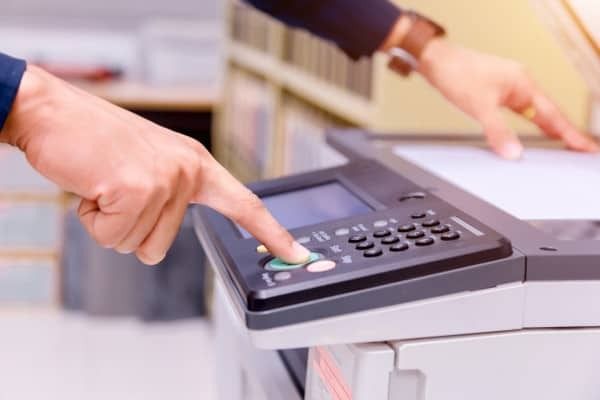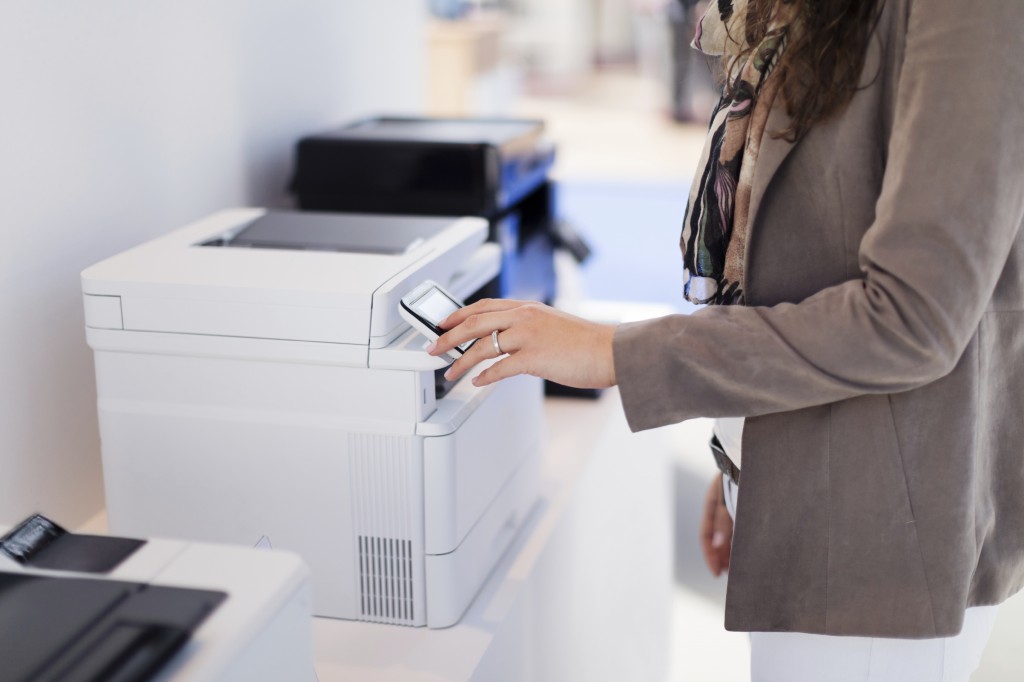When it comes to outfitting your office with a copier, the decision to lease or buy is critical. Each option has its advantages and drawbacks, and the right choice depends on your business’s unique needs, goals, and resources. This detailed comparison explores the key differences, helping you make an informed decision that aligns with your operational and financial priorities.
The Basics of Leasing a Copier
What Does It Mean to Lease a Copier?
Leasing a copier involves renting the equipment for a specified term, typically between 12 and 60 months. Instead of paying a large upfront cost, you make regular monthly payments, which may include maintenance and service.
Key Benefits of Leasing a Copier
Lower Initial Costs
Leasing eliminates the need for a significant upfront investment, making it an attractive option for small businesses or those with limited cash flow.
Access to Advanced Technology
Leasing agreements often allow for upgrades during the term, ensuring you always have access to the latest features.
Included Maintenance and Support
Many leasing contracts cover repairs, maintenance, and consumables like toner, reducing operational headaches.
Predictable Budgeting
Fixed monthly payments simplify financial planning and minimize surprises.
Potential Drawbacks of Leasing
Long-Term Costs
While monthly payments are manageable, the total cost over the lease term may exceed the purchase price of the copier.
Commitment to a Contract
Early termination fees or inflexible terms can pose challenges if your needs change.

The Basics of Buying a Copier
What Does It Mean to Buy a Copier?
Purchasing a copier means owning the equipment outright. You pay the full price upfront or finance it over time, making it a long-term investment.
Key Benefits of Buying a Copier
Complete Ownership
Once purchased, the copier belongs to you, and there are no ongoing lease payments.
Lower Long-Term Costs
Over time, purchasing can be more cost-effective, especially for businesses with steady printing needs.
Freedom to Use or Sell
As the owner, you can modify, resell, or continue using the copier without restrictions.
Potential Drawbacks of Buying
High Initial Investment
The upfront cost of buying a copier can strain budgets, especially for startups.
Obsolescence Risk
Technology evolves rapidly, and owning a copier means you may be stuck with outdated equipment after a few years.
Maintenance Responsibilities
All maintenance, repairs, and replacements are your responsibility, adding to ongoing costs.
Comparing Key Factors
Cost Analysis
- Leasing: Lower upfront costs but higher cumulative payments over the lease term. Ideal for businesses that prioritize cash flow management.
- Buying: Higher initial costs but lower long-term expenses if the copier is used for several years. Best for businesses with stable finances.
Technology Upgrades
- Leasing: Provides flexibility to upgrade to newer models during or after the lease term. Ensures access to cutting-edge technology.
- Buying: Upgrades require additional purchases. You risk using outdated equipment unless you reinvest regularly.
Maintenance and Repairs
- Leasing: Typically included in the contract, making it a hassle-free option for ongoing support.
- Buying: Maintenance and repair costs are the owner’s responsibility, which can add unpredictability to your budget.
Flexibility
- Leasing: Contracts offer flexibility to scale up or switch equipment as business needs evolve.
- Buying: Ownership provides freedom but limits flexibility in terms of upgrades without additional spending.
Tax Implications
- Leasing: Monthly payments are often deductible as an operating expense, providing tax benefits.
- Buying: Equipment depreciation can be claimed as a tax deduction, though this may offer less financial flexibility than leasing.
Usage Volume
- Leasing: May include usage limits with overage fees for exceeding monthly page counts.
- Buying: Unlimited use without restrictions, making it better suited for businesses with high-volume needs.
Who Should Lease a Copier?
Leasing is an excellent choice for:
- Small Businesses: Limited budgets benefit from manageable monthly payments.
- Rapidly Growing Companies: Easy upgrades align with evolving needs.
- Tech-Savvy Businesses: Access to the latest features without frequent reinvestment.
- Organizations Requiring Maintenance Support: Leasing reduces the burden of servicing the equipment.
Who Should Buy a Copier?
Buying is ideal for:
- Established Businesses: Financially stable companies that can afford upfront costs.
- High-Volume Printers: Organizations with consistent and heavy printing needs.
- Long-Term Planners: Businesses looking to minimize costs over time.
- Control-Focused Owners: Those who prefer full ownership and autonomy over their equipment.
Making the Right Choice
The decision to lease or buy depends on your priorities:
- If flexibility, low upfront costs, and access to cutting-edge technology are important, leasing a copier is likely the better option.
- If you value long-term cost savings, control, and the ability to fully own your equipment, buying a copier might be the right move.
To maximize your investment, conduct a thorough analysis of your business’s needs, budget, and long-term goals. Additionally, consult with reliable providers who can offer tailored recommendations.
Conclusion
Whether you lease or buy a copier, both options come with distinct advantages and challenges. The key lies in aligning the choice with your business strategy, financial capacity, and operational demands. By carefully weighing the factors outlined in this comparison, you can make a decision that supports your productivity and ensures your business stays competitive.

